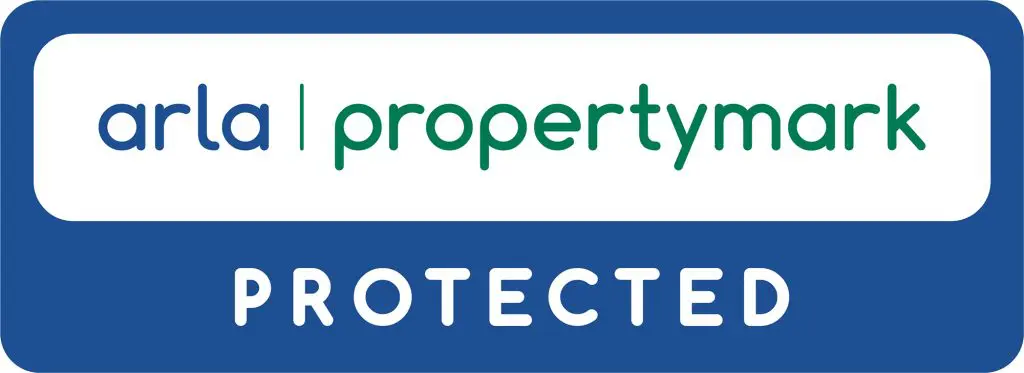All rented properties go through a life cycle of different tenants and even owners. Normally, the end of tenancy happens at the tenant’s request. However, in cases where the tenancy has been problematic or if you are looking to sell the property, then as a landlord it will be your responsibility to initiate the end of the tenancy.
Asking your tenant for your property back is known as serving them with a ‘notice to quit’. The process has both legal and ethical requirements to ensure the rights of your tenant are not violated.
Ending a tenancy is a difficult but necessary subject to understand as a landlord. As leading property managers in Nottingham, we’ve put the following guide together to explain what’s involved.
Assured Shorthold Tenancies (ASTs)
Most tenancies are ASTs which means the tenancy started after February 28th, 1997, the rent is between £1,000 and £100,000 a year and you also do not live with your tenant.
Landlords can take properties back if the tenancy is not a fixed term tenancy without giving a reason. Though to be eligible, the date at which you are asking tenants to move out must be at least 6 months from the date they moved in, and the deposit must have been held in a deposit protection scheme.
The notice period for ASTs has changed in recent times due to coronavirus. At the time of writing, landlords must give 6 months notice after the 29th of August 2020. The notice period is shorter for the months before this, though the dates will have long expired by the time this post is published. You may need to seek independent advice if the eviction is related to the pandemic, as the rules are constantly being updated by the government.
Fixed Term Tenancies
Tenants have a right to stay within the property for the entire period of the fixed term that was set out in their tenancy agreement. The only exceptions to this rule are if the tenant is behind on their rent payments, the property has been used for illegal purposes or if the property has been damaged.
If your tenant has breached any of the above clauses, then under normal circumstances the eviction notice period is 2 months. However, fixed term tenancies are also subject to notice period changes due to the pandemic.
Any notice to quit issued after the 29th August 2020 must give the tenant 6 months to move out. Though if your tenant does qualify for any of the above exceptions, then you may be able to serve them with a section 8 notice which will speed up an eviction.
What If My Tenants Won’t Move Out?
Thankfully, scenarios, where the tenants refuse to move out, are rare. This is especially the case if your tenants have been vetted by your lettings agent. In addition, a lettings agent will act as a neutral party between you and your tenant which can move negotiations along, so that things never get to the stage where you have a stand-off on your hands.
However, if you are dealing with tenants who refuse to move out, it’s essential to know that you cannot forcibly evict them. Instead, you will need to initiate eviction proceedings through the courts.
Good To Note
You should always make every effort to be as considerate as possible with your tenants, especially if they have been exemplary throughout their tenancy.
It’s imperative to build a good reputation as a landlord, and this means factoring in the end process just as much as the tenancy itself. It’s key to seek legal advice so that you are always operating within the law. Also, you should keep your tenants informed throughout so that they do not face any nasty surprises, such as a ‘for sale’ sign going up before the proper notice has been served.
Nottingham Landlords
Are you a Nottingham based landlord who is looking to let their property? If you need any help or advice on anything we’ve mentioned above, then you’re in the right place.
Give us a call on 0115 958 7791 to speak to our friendly team. We’re the leading letting agent in Nottinghamshire, so you can be sure our team can help.




